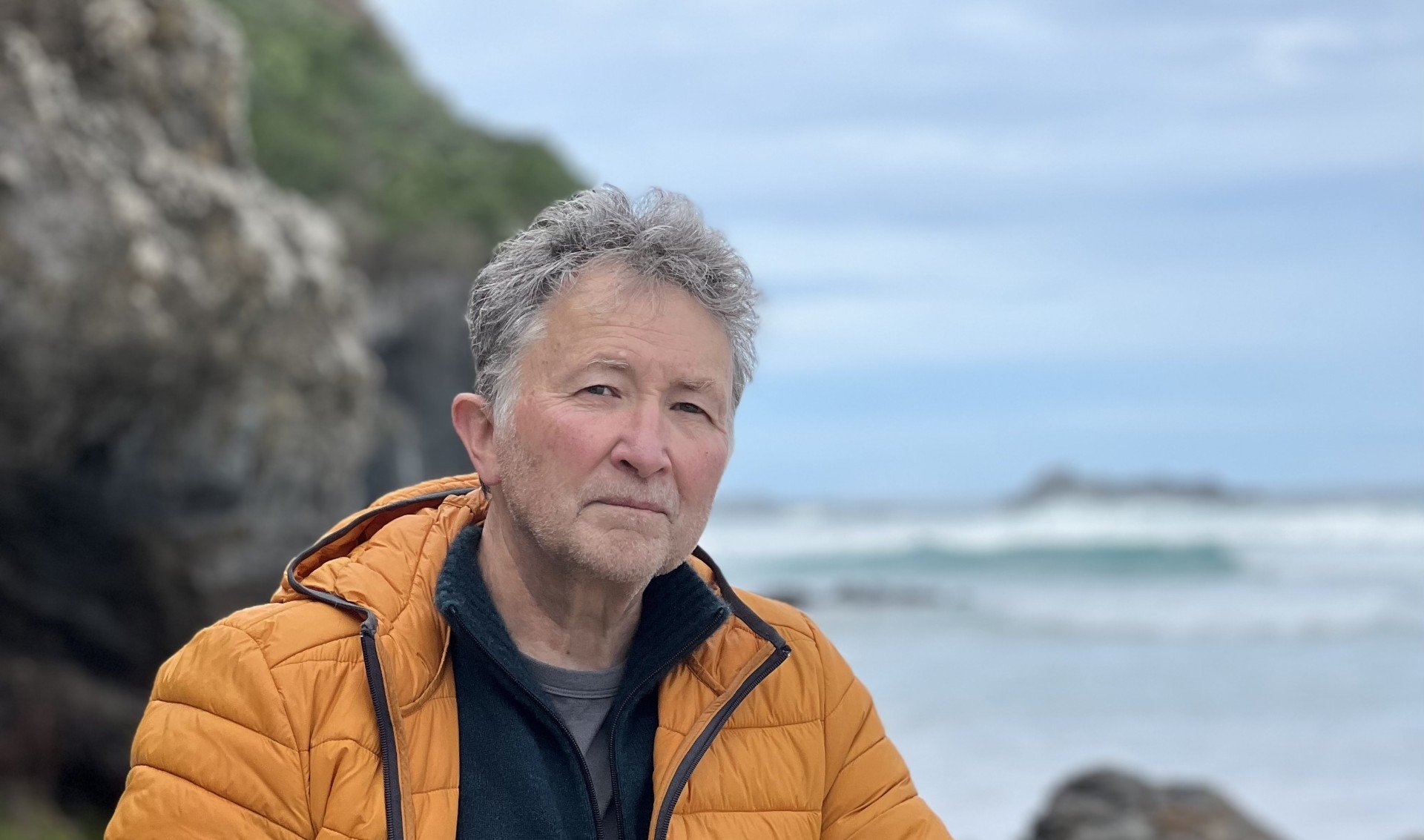
Dr Hamilton, who graduated from the University of Otago School of Dentistry in 1983 with a degree in dental surgery, worked for several years overseas before returning home to build his own practice — now grown into the bustling Synergy Dental.
Now in his late 60s, Dr Hamilton is taking a pragmatic approach to succession planning, transitioning the practice into a new leadership structure, appointing two new directors — dentist Dr Hannah Hoera and office manager Sarah Spruyt, alongside himself as managing director.
The practice is also continuing to expand, employing more dentists, dental hygienists and reception staff, and adding extra hours in the evenings and weekends to cater for a larger local client base, as well as patients from across Otago and as far south as Stewart Island/Rakiura.
"I am firmly of the belief that it is important to take away as many obstacles as possible to people seeking care," Dr Hamilton said.
"Succession planning is also increasingly important for a growing number of businesses — many of which have older owners," he said.
According to forecasts, only about one-third of businesses owned by baby-boomers will be able to find buyers in the future, which was of great concern.
In 2002, Dr Hamilton was appointed a competency commissioner, providing advice and support for struggling practices — a role he held for more than 20 years. He was also Otago Dental School clinical director from 2014-2018.
"Through this role, I developed a greater understanding of the importance of securing competencies for the future.
"Individual businesses and organisations are focused on putting out fires now, but they really do need to look to the future — those discussions are hugely important," he said.
Handing over much of the day-to-day functions of the practice to the other directors and staff will allow Dr Hamilton to focus on his special areas of interest — implant delivery using digital technology. He also plans to continue pursuing his interest in public health.
Working with Dr Hoera and Mrs Spruyt, he will continue to guide the practice’s 24 staff to provide the type of care that ensures patients feel empowered to make their own decisions about their teeth.
"We know that oral health is important in terms of people’s overall health, and our aim is that people come in with a problem and walk out with a solution."
For many older people, the shadow of the childhood "murder house" [an often-used term for school dental clinics] affected their attitude towards dental care, combining with concerns about the potential cost to result in a reluctance to go to the dentist.
"So, it is vital that we focus on the whole person, and make them feel comfortable and like they are an integral part of their own care.
"We regularly have people making long trips to attend appointments, so we need to make good use of the time they are in our care — preferably to get the job done in one visit.
"It’s human nature to defer dealing with health and dental maintenance, but once we get people across the threshold, we can really help to get things sorted for them.
"The bottom line is, dentistry is not just about teeth — it is about people."














